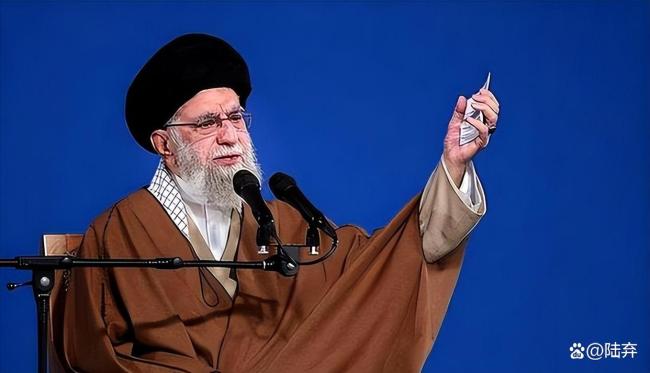微信这事儿,特朗普政府改主意了?(4)
如今,沙珠无法得知是否能取出微信里的钱,也不知道该如何处理微信里储存的关于父亲的回忆。她把目前承受的压力归咎于政客,尤其是特朗普——“我们无法制定计划……我们是被他们操纵的棋子,可以放在棋盘上的任何地方。”
“It‘s the first thing I check in the morning,” Sha Zhu, a Chinese-American in Washington, says of WeChat。 It’s how she talks to her mother and old friends from China since she left in 2008, and how she communicates with her colleagues as a public relations manager for a Chinese-owned consulting company。 It‘s where she stores Chinese currency in her virtual wallet。Most important, it‘s where she keeps video and audio clips of her father, who died four years ago。
She still doesn‘t know if she’ll be able to access her money, or what she‘ll do with all those stored memories of her father。 “We can’t make a plan,” she said。 She blamed politicians, especially Trump, for her current stress: “We‘re the pawn that they can manipulate to put anywhere on the chess board。”
库尔特·布雷布鲁克(Kurt Braybrook)在上海经商22年,于2017年回到美国,目前居住在密歇根州。他说,对他和出生在中国的妻子来说,微信是不可替代的。如果无法使用微信,他大约会失去500个联系人——
“如果(美国政府)完全禁用微信,我和我妻子的家人、我们所有的朋友以及我22年来建立起的商业关系网就会被彻底抹去。”
Kurt Braybrook, who spent 22 years doing business in Shanghai before moving back to the U.S。 in 2017, said the app is irreplaceable for him and his China-born wife。 He could lose roughly 500 WeChat contacts, few of which he could reach without the app。
“If they banned it entirely, it will wipe out connections to my wife‘s family, all our friends and my network of business contacts I built over 22 years,” said Braybrook, who now lives in Grand Rapids, Michigan。
推荐阅读

伊朗外交部称美国应为伊核协议困局负责
央视新闻客户端2022-12-06 11:06:42
涉嫌违法!马斯克“脑机接口”研究曝被调查
2022-12-06 11:05:40
日本政府拟将网络防卫等内容加入安保相关文件
央视新闻客户端2022-12-06 11:03:20
新冠发病7天内身体会发生什么变化 居家应备这些药
新京报2022-12-06 10:38:12
“辣条第一股”卫龙启动招股 被吐槽没以前那味儿
2022-12-06 10:59:21
马斯克要被暗杀?他说很有可能
参考消息2022-12-06 09:37:54
何超琼说爱国是家训!网友:人美能力强
2022-12-06 11:17:00
专家辟谣长期戴口罩会致肺结节 信这种谣言不如戒烟!
2022-12-06 10:45:42
马斯克脑机接口公司因动物实验被调查:杀害1500只动物
2022-12-06 11:37:28
震惊世界的克里米亚大桥被炸事件后,普京视察克里米亚大桥修复工作
环球网2022-12-06 10:26:54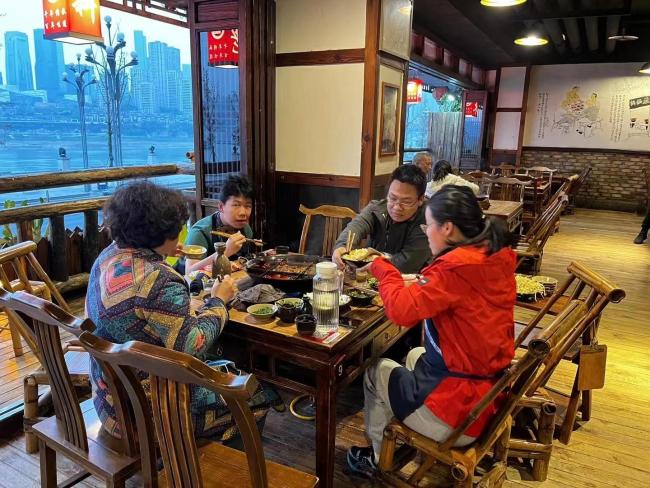
重庆优化政策后:重庆串串店生意火爆 堵车也回来了
2022-12-06 10:41:41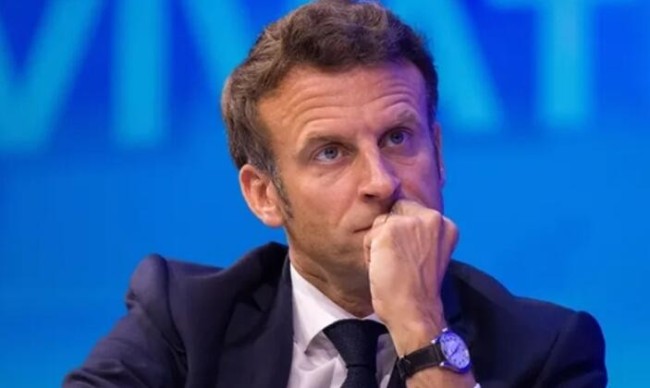
马克龙:我从普京眼中看到了怨恨 一种对西方世界的怨恨 这种怨恨或许有下面几个因素!
网易2022-12-06 10:22:01
上海交警通报一小客车从高架坠下 车顶塌陷司机送医
2022-12-06 10:48:54
普京亲自驾车驶过克里米亚大桥 视察修复工作 现场画面曝光
综合央视新闻、环球网2022-12-06 09:47:23
苹果考虑在印度生产部分iPad 网友:咖喱味越来越浓
2022-12-06 11:20:11
推特前主管:马斯克私下很不一样,掀起一波又一波舆论浪潮
2022-12-06 09:58:56
全国多地落实最新出行政策机票预订量倍增
2022-12-06 10:46:12
美国政坛已达成一致 俄乌冲突或随时结束
网易2022-12-06 10:17:32
美B-21轰炸机亮相 传递什么信号 印太地区局势有变美国目标曝光!
环球网2022-12-06 10:05:57
新冠吃药清单、预防药方是否靠谱 提醒:对症下药
上游新闻2022-12-06 11:04:30
普京驾车驶过克里米亚大桥 俄罗斯副总理陪同并汇报修复工作进展
上观新闻2022-12-06 09:14:34
欧盟禁运俄石油 60美元限价令生效,俄罗斯表示不会接受
海外网2022-12-06 09:55:40
后悔了的英国人,越来越多......
参考消息2022-12-06 09:36:59
欧洲一块大肥肉 德国将花费100亿欧元购买35架F-35
央视网2022-12-06 09:56:51
渡过创始人张进去世 因报道汶川地震罹患重抑郁症
2022-12-06 11:25:40
国考延期下的259万考生 有人瘫床上 感觉像被抽干
每日人物社2022-12-06 11:16:33
又杠上了?外媒:乌高官批评马斯克喜欢“神奇的简单解决方案”
环球网2022-12-06 09:39:47
半岁雪豹被放归赖着不走!它真是个粘人的宝宝
2022-12-06 10:39:14
内马尔受伤后哭了一整夜:伤病,我很害怕
2022-12-06 11:12:50
多国回应“俄油限价”日本:作为G7我跟 印度:与我无关
新浪网2022-12-06 09:35:11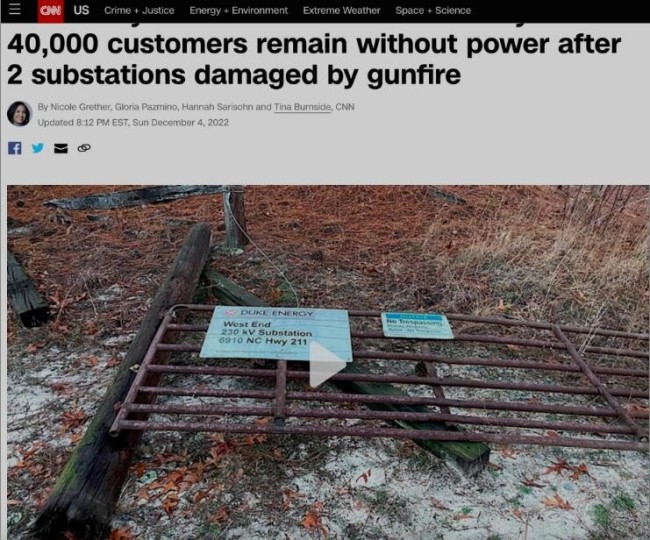
电力设施被蓄意破坏!美国这里已强制戒严!
环球网2022-12-06 09:31:47
指导论文涉抄袭 陈明通被批应下台,且必须道歉
环球网2022-12-06 09:57:20
日本冲绳县知事:若增扩自卫队规模 应削减当地驻日美军
光明网2022-12-06 09:17:26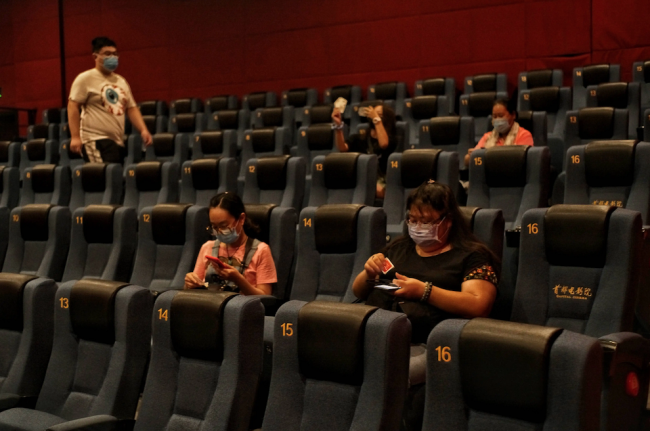
多地电影院有序开放,全国营业率回升。
2022-12-06 11:40:43
独狼袭击羊群被不到1岁藏獒赶跑 感叹:藏獒还是厉害
快科技2022-12-06 11:10:16








